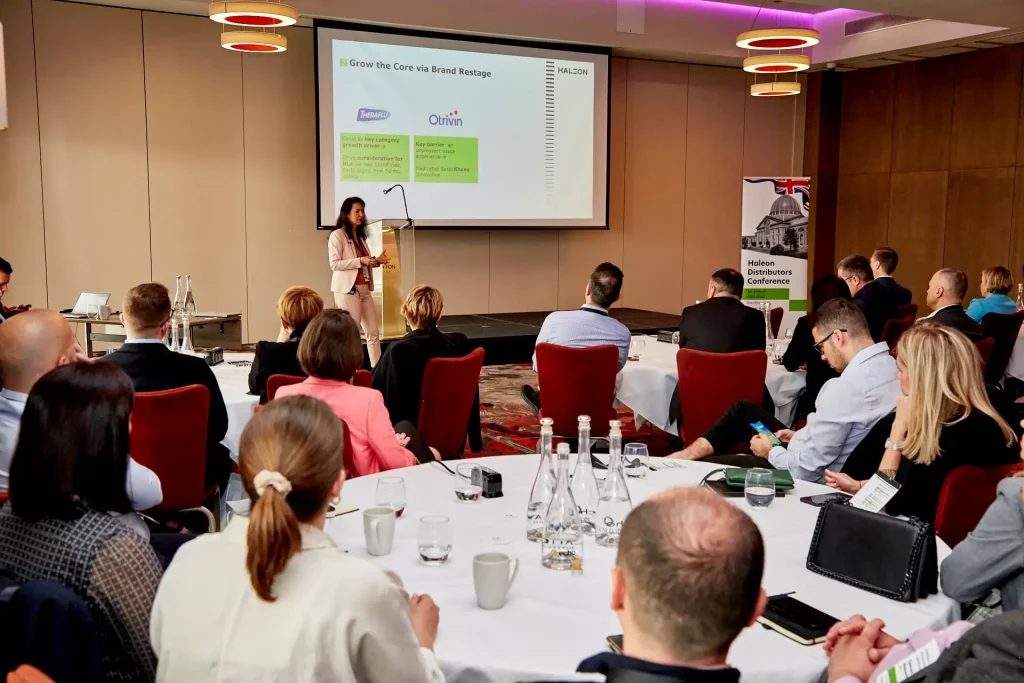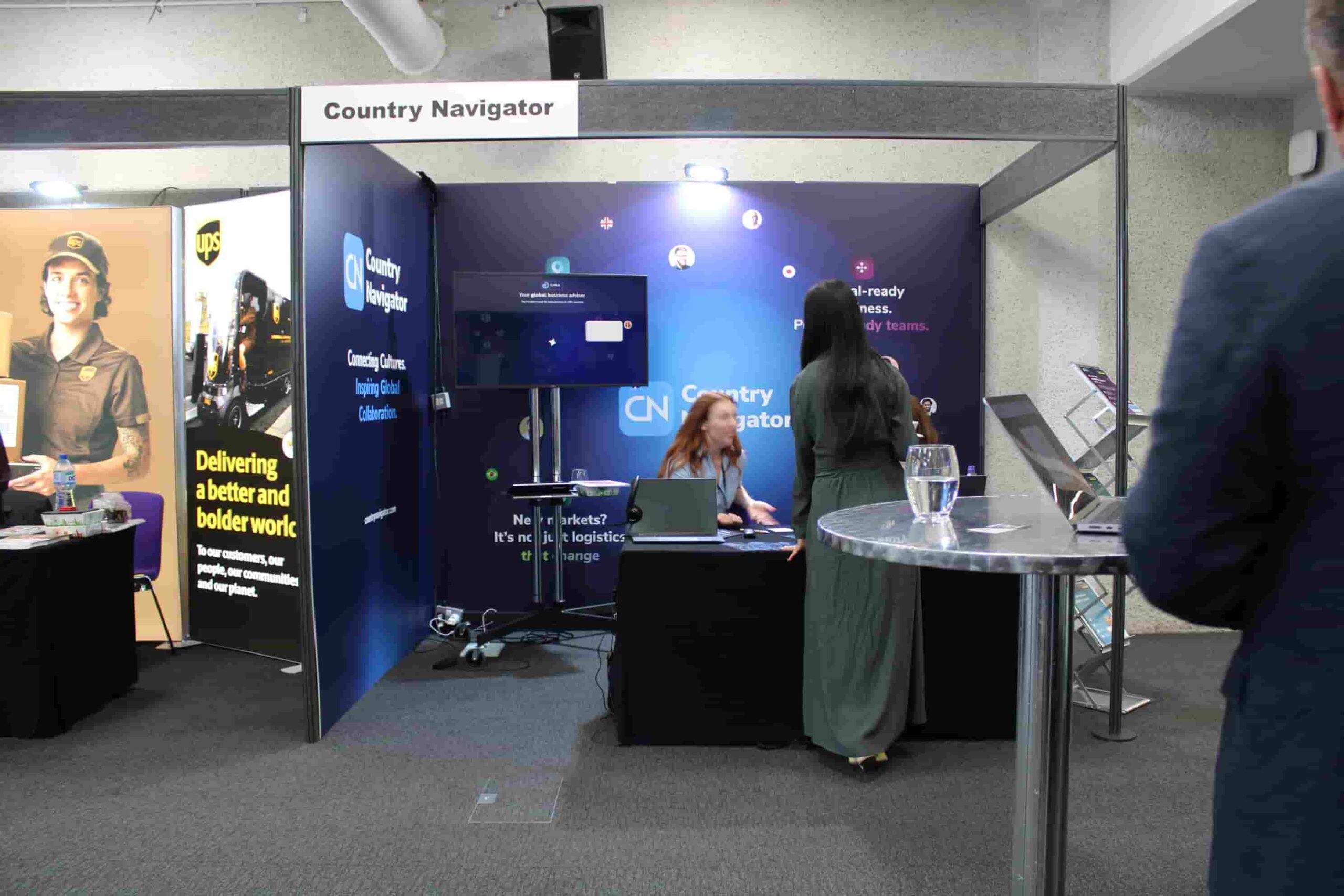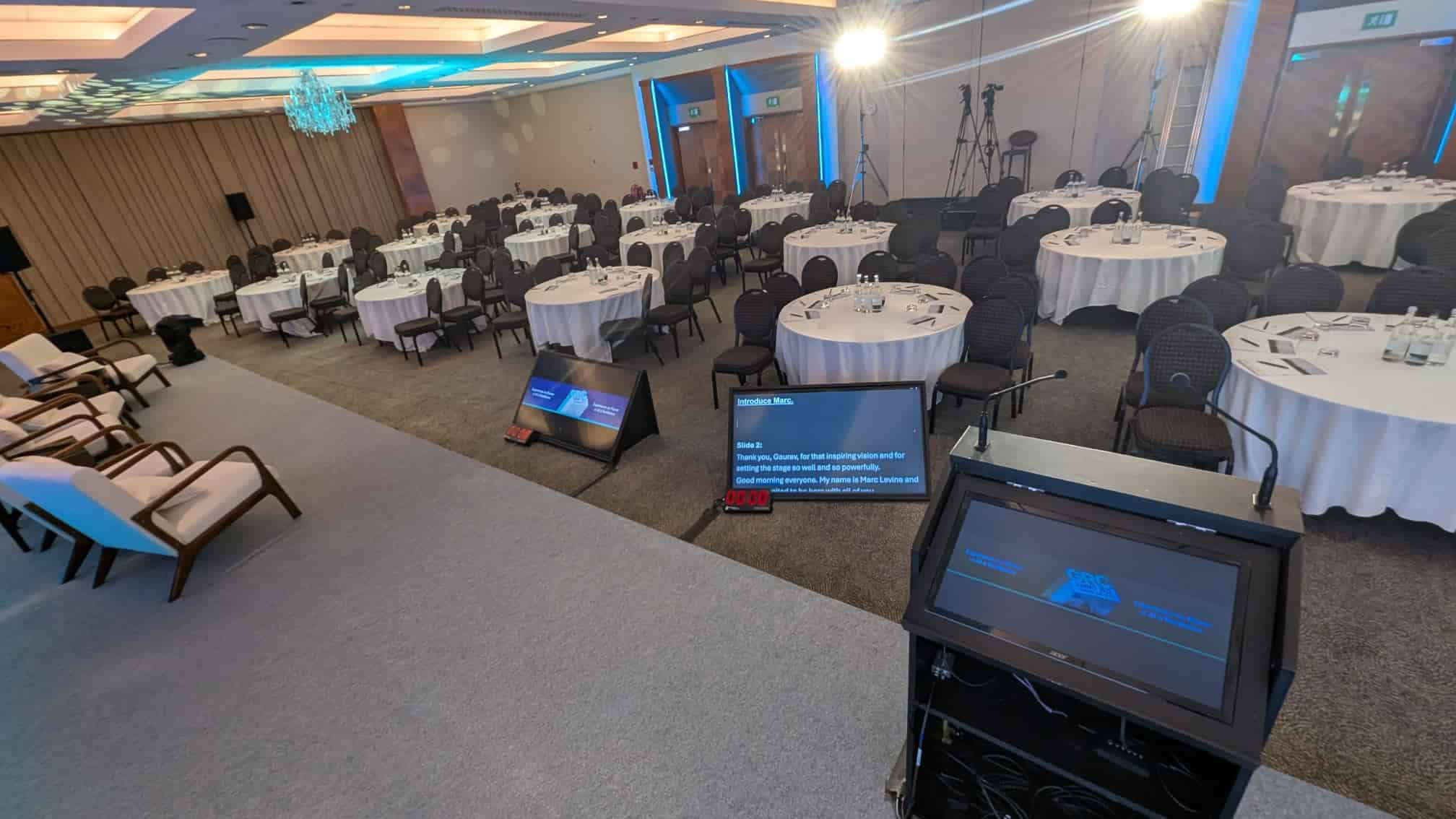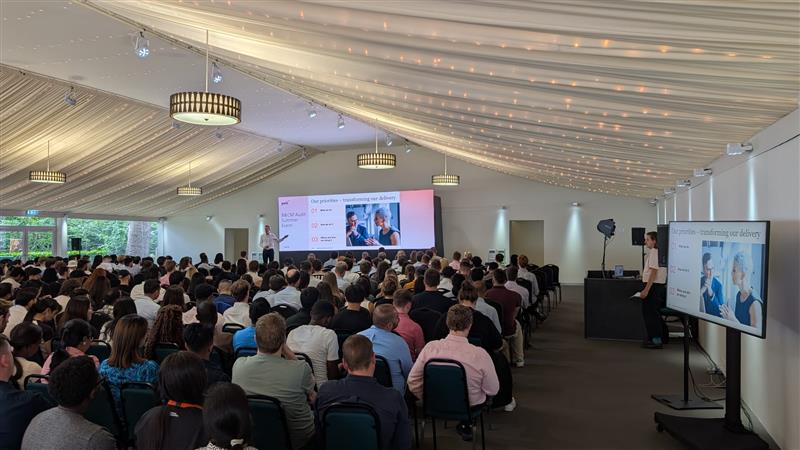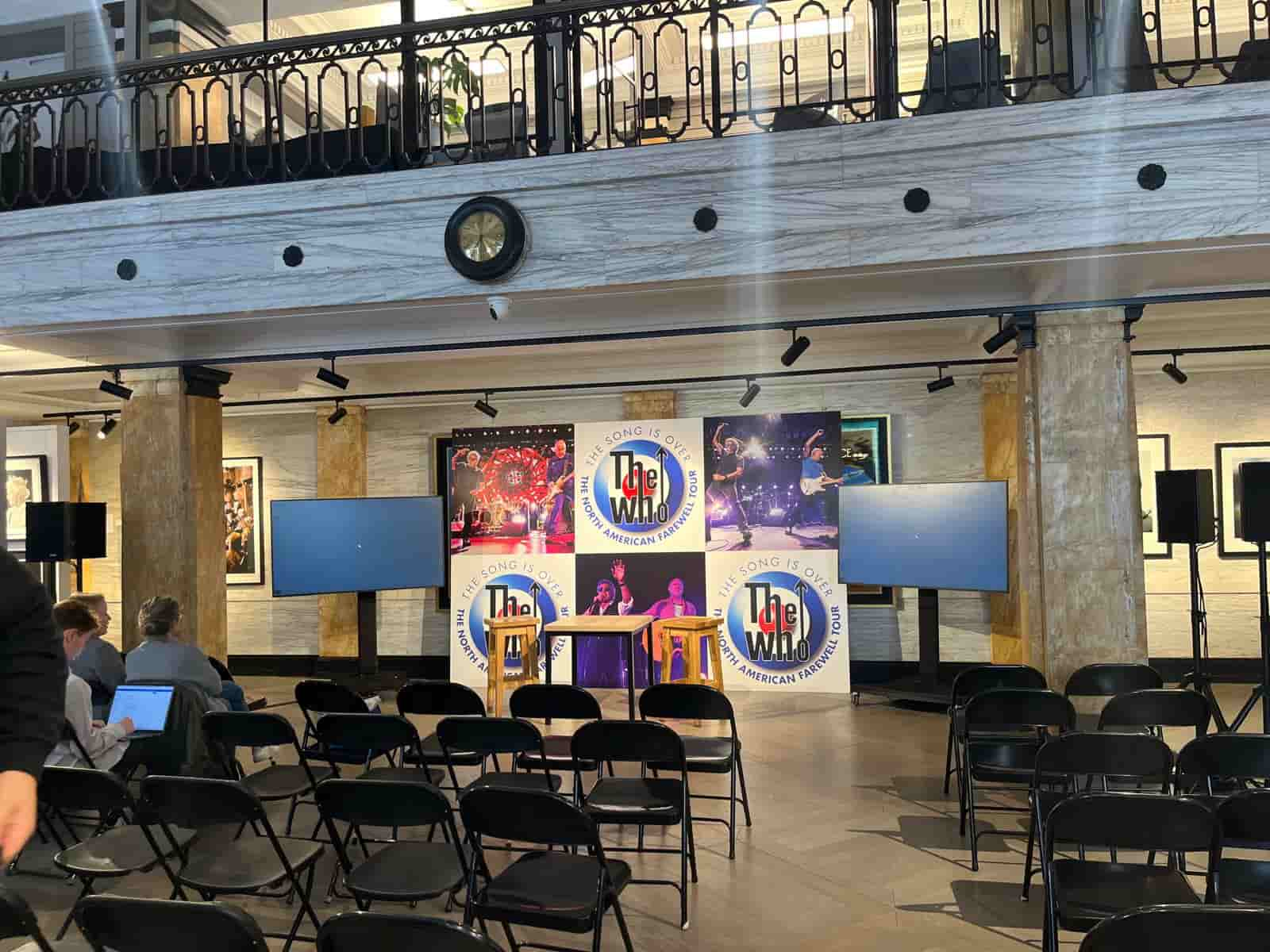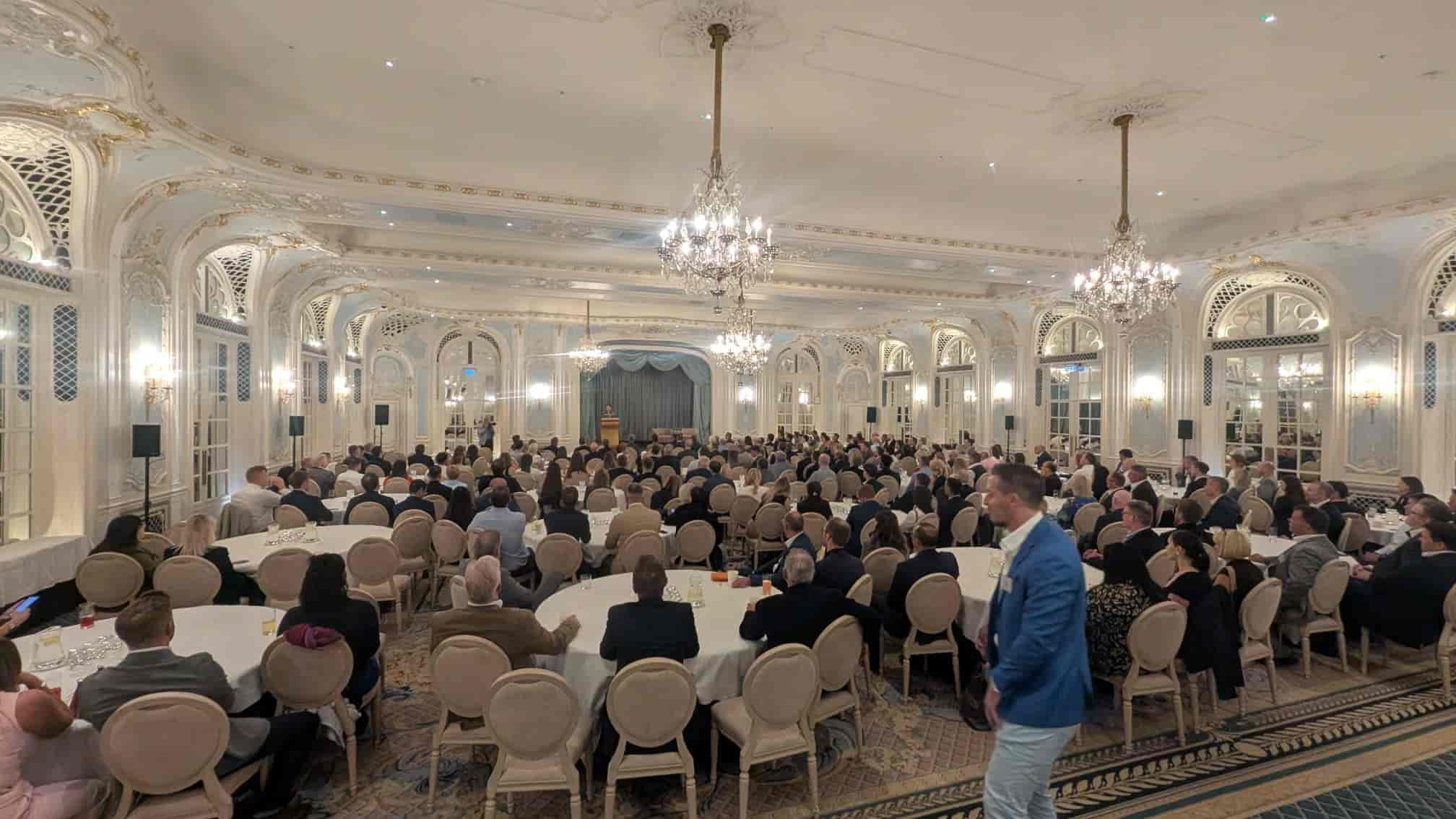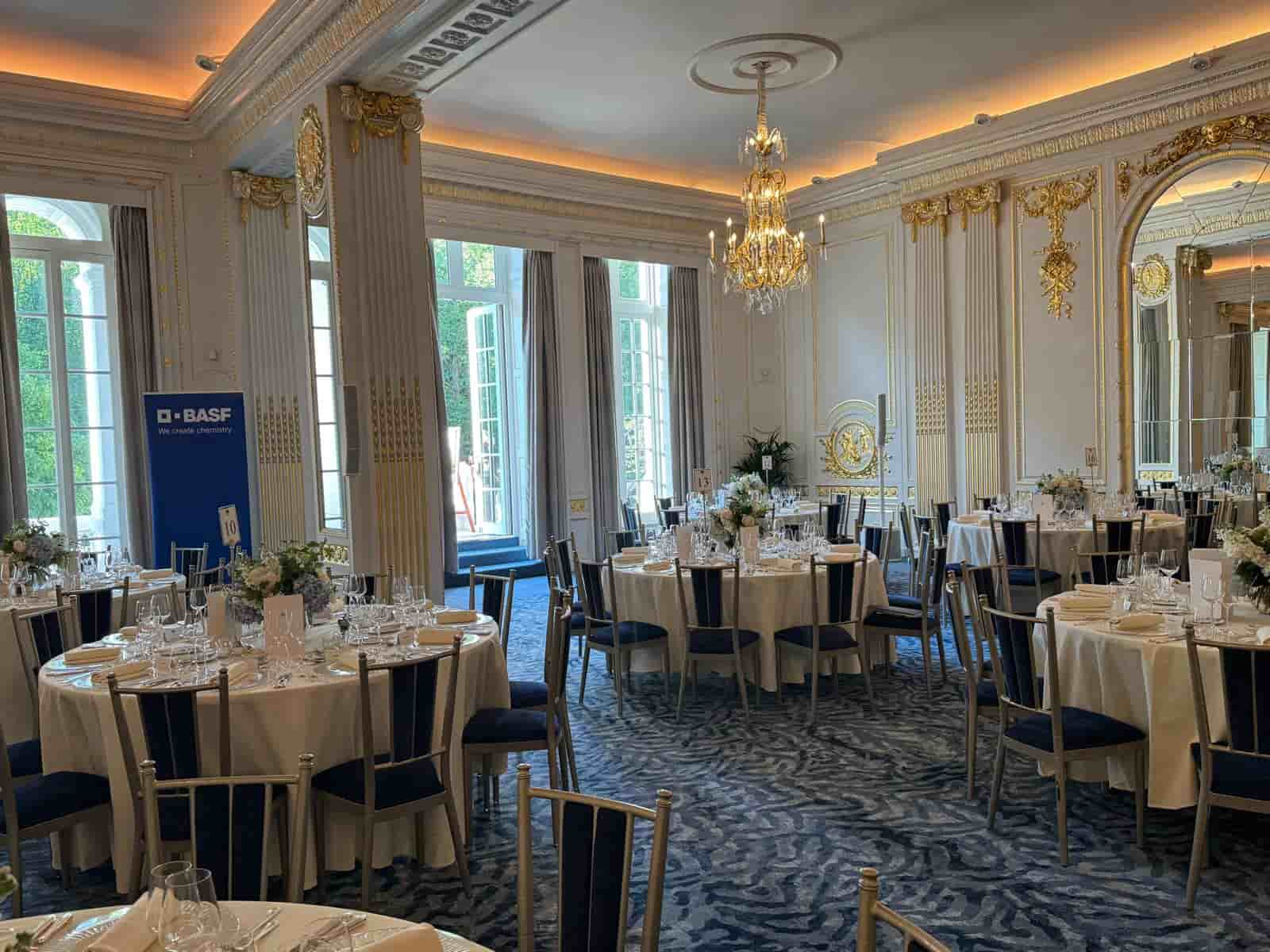A well-organised event can leave a lasting impression, whether it’s a product launch, an awards ceremony, or a team-building retreat. But how to create one that captivates and aligns with corporate values is still primarily important.
Know that corporate events are more than a show; they are the cornerstone of:
- Fostering team spirit
- Professional networking
- Showcasing brand identity
But planning one can feel like juggling multiple plates.
No need to stress. This guide will walk you through everything you need to know about arranging a seamless, captivating corporate event.
So, without any further ado, let’s dive in.
Start with a clear purpose
Every successful event starts with a clear objective. Understanding the “why” behind your event is crucial.
Ask yourself:
- Are you celebrating a milestone?
- Is the event launch a new product or service?
- Is it a knowledge-sharing event like a seminar or workshop?
- Do you want to boost employee morale or attract potential clients?
Knowing the purpose will help you decide on the right format, venue and activities.
Example scenarios:
| Event type | Purpose | Example |
| Product launch | Introduce a new product/service to the market | Tech gadget unveiling |
| Team-building event | Foster collaboration and morale among employees | Outdoor retreat with activities |
| Client appreciation | Strengthen relationships with key clients | VIP dinner with personalised gifts |
| Knowledge sharing | Educate or inspire through expert insights | Industry seminar with keynote speakers |
Plan a realistic budget
Budget planning does not just control costs. It ensures you focus resources on what truly matters. Break your budget into categories, such as:
- Catering
- Marketing
- Venue rental
- Entertainment
- Audio-visual equipment
Tips for staying on budget:
- Use free tools like Google Sheets to monitor expenses.
- Compare multiple quotes before committing to suppliers.
- Always have a contingency fund (at least 10 to 15% of your budget)
| 💡 Bonus tip: Invest in areas that add value to your guests’ experience, like engaging speakers or quality AV setups. |
Choose the right venue
The venue is the first impression your guests will have. Make it count. Here’s what to consider:
- Technical support: Check for high-speed Wi-Fi, AV facilities, and ample power outlets.
- Ambience: Align the decor and design with the event’s theme.
- Capacity: Choose a space that comfortably accommodates your audience without feeling overcrowded.
- Accessibility: Ensure the location is easy to find and offers parking or nearby public transport.
Checklist for venue selection:
✔ Does it fit within your budget?
✔ Are there options for customisation?
✔ Is it weather-proof for outdoor events?
✔ Is the venue available on your event date?
Leverage technology for a streamlined process
Event planning tech makes life easier and enhances the guest experience:
Tools you’ll love:
| Tool | Purpose | Example platforms |
| Event management | Organise guest lists, tickets and RSVPs | Eventbrite, Bizzabo |
| Engagement | Keep attendees involved during sessions | Slido, Mentimeter |
| Live streaming | Host hybrid or virtual events | Zoom, YouTube Live |
| Feedback | Collect post-event reviews | Google Forms, Typeform |
| 🤫 Insider tip: Use event apps with push notification features to send updates during the event. |
Create a detailed schedule
A flawless schedule ensures everything runs on time. Break the day into manageable segments:
- Registration and networking
- Welcome speech
- Key presentations
- Breaks and meal times
- Closing activity
Sample Schedule
| Time | Activity | Notes |
| 9:00 AM | Guest arrival and registration | Provide welcome kits |
| 9:30 AM | Opening speech | Introduce the event’s purpose |
| 10:00 AM | Keynote presentation | Focus on engaging visuals |
| 11:00 AM | Coffee break | Ensure quick and easy service |
| 11:30 AM | Panel discussion and workshop | Encourage audience interaction |
Keep your audience engaged
Attendee engagement is the heart of any successful corporate event.
How to captivate your audience:
- Interactive sessions: Host live Q&A or use polls to gauge opinions.
- Hands-on activities: Workshops or demonstrations leave a lasting impression.
- Photo booths: Encourage attendees to share event photos with branded hashtags.
- Gamification: Add fun elements like trivia or prize draws.
Prioritise catering excellence
Food and drink can either elevate or sink your event. Impress guests with high-quality catering.
- Menu variety: Include options for all dietary preferences.
- Service style: Choose between buffet, plated meals, or food stations based on your event type.
- Timely service: Coordinate meal times to avoid long queues or delays.
| 🃏 Advice: Add branded cocktail/mocktail options for a personalised touch. |
Don’t forget branding
Corporate events are prime opportunities for brand exposure.
Easy branding ideas:
- Display promotional videos on LED screens.
- Add logo to banners, screens, and table settings.
- Use branded giveaways like tote bags or notebooks.
- Design custom email templates for invitations and follow-ups.
Promote your event strategically
A well-promoted event attracts the right crowd.
How to market your event:
- Social media: Share sneak peeks and countdowns.
- Email campaigns: Send regular updates and reminders
- Influencers: Partner with industry leaders to generate buzz.
- Local partnerships: Collaborate with businesses for cross-promotion.
Prepare for the unexpected
Even the best-planned events can face surprises. Always have a backup plan.
- Extra supplies: Carry spare microphones, batteries, and adapters.
- Team communication: Use walkie-talkies for instant updates.
- Emergency contacts: Have quick access to the venue manager and key vendors.
| 👉 Pro pointer: Assign a dedicated problem-solving team for on-the-spot issues. |
Add a touch of entertainment
Surprise your guests with something special.
- Hire a live band or DJ for music.
- Book a motivational speaker or comedian.
- Set up a networking lounge with games or interactive displays.
Quick checklist for event success
✔ Booked reliable AV services.
✔ Catered to all dietary needs.
✔ Define your event’s purpose.
✔ Promoted the event effectively.
✔ Leveraged tech tools for efficiency.
✔ Prepared for surprises with backups.
✔ Secured an accessible and suitable venue.
✔ Set up a realistic budget with contingencies.
Let’s make your event memorable
Planning a corporate event does not have to be daunting. At AV Productions, we specialise in providing top-notch audio-visual solutions and expert guidance to make your event shine.
So what are you waiting for? Contact us today for a consultation.
Let’s create an experience your audience will never forget.
